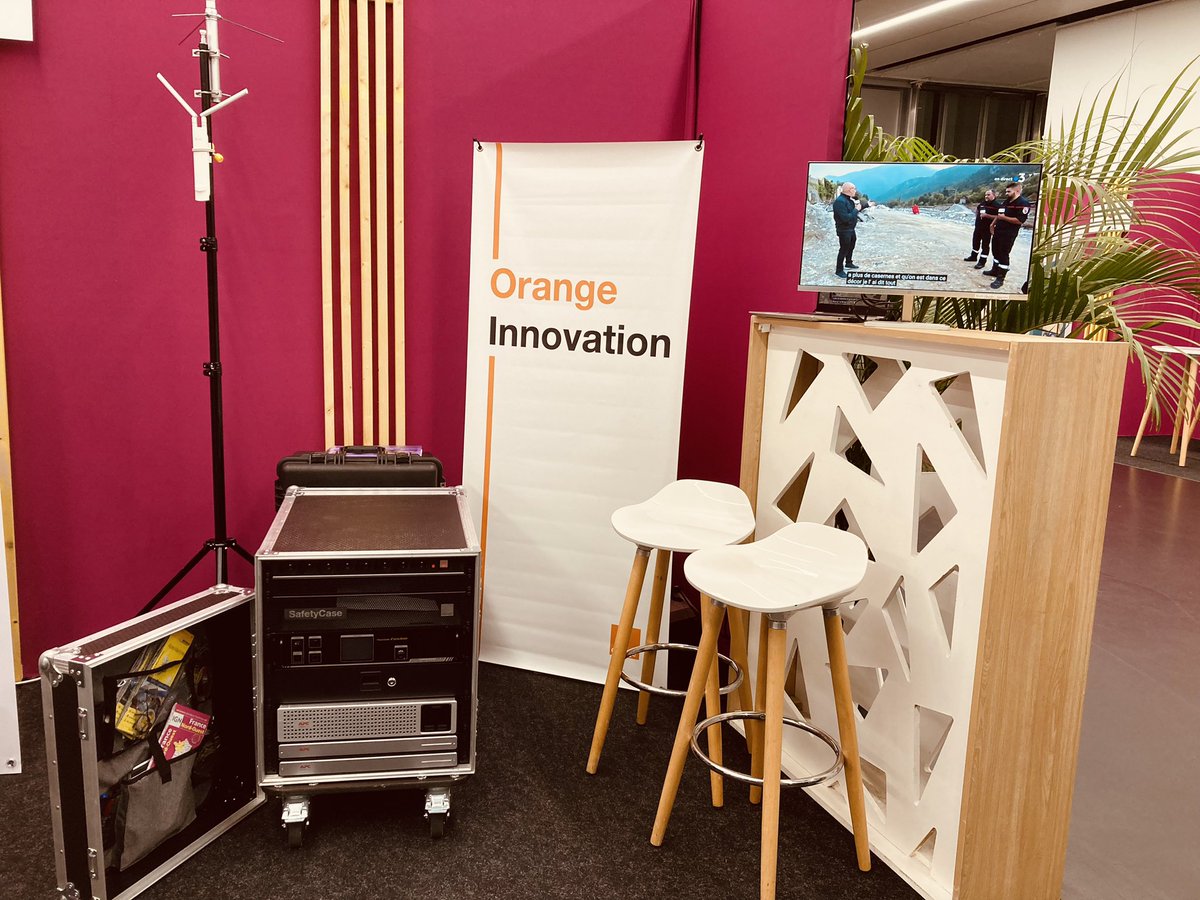Matching algorithms, singles’ marketplaces, long-distance relationships, virtual sexuality… For the fourth edition of the Digital Tech Conference, we have decided to ponder the technological mysteries of love, a universal topic that concerns us all, as well as a market that is expected to grow to 22 billion euros by 2020. “Love” and “Market”? These two words are strange bedfellows… but are sure to generate interesting discussions on November 30th in Rennes, France!
28% of Centennial (18-25 years old) and Millennial (26-35 years old) couples are said to have met through dating apps or websites. A booming sector representing 2.5 billion dollars in the United States in 2016, new “dating” players are proliferating and the giants are investing considerable resources to retain their market shares. Customer relations and customization have emerged victorious in this innovation race, for companies such as Meetic, the leading European paid site, which is owned by the Match group, a world leader with around forty brands in different countries. A speaker at the Digital Tech Conference, Xavier de Baillenx, Meetic Group’s Innovation Lead, will share his experience with his Lara Voice project, which has become the leading “dating chatbot” with over 400,000 active users per month in Europe. Its role is to help users find their soulmates by finding suitable profiles in terms of their geolocation, age and areas of interest and the relevance of the messages. Thanks to artificial intelligence, Lara can understand users’ intentions and launch a complete conversational scenario, as well as offering new advice with each new conversation.
It can also propose a conversation topic or an ideal spot for a first meeting. Until now, Lara was a customer relations chatbot that could also communicate with members of the dating site through text messages. A few weeks ago, she acquired a voice, that of Google Assistant, and learns over time from discussions with users. “Making Lara smarter is only possible thanks to our users, who are our best allies. They help Lara learn, and we focus on their experience to create more effective conversational scenarios,” Xavier de Baillenx explains.
Loving more and better thanks to tech?
The dating site boom is also what led Iris de Villars, coordinator of the SexTechLab (the first sextech hackathon, launched in Paris in 2017), to examine the increasingly fast, dematerialized ways people meet, and to consider how technology might affect sexuality and love in the future.
Are innovations such as Sex Dolls and Sex Robots really the future of sex, or “only” that of the sex toy? A graduate of Xavier Niel’s École 42 who now works as a sexologist, Iris de Villars will speak at the Digital Tech Conference about the innovations being introduced to the sex world. “I would like to focus on humans, and their place among all of these products. One might say that these innovations help us love more and better, but they also provide more opportunities for solo pleasure. This is not necessarily a bad thing, but is it what people are really looking for? Instant pleasure, or much more? More connection, or more isolation?” Iris de Villars explains. “Are Sex Robots really a revolution, given that the clitoris was only depicted for the first time in a school textbook last year?”
In parallel, the entrepreneur and developer created LoveTech, a collective that considers the question of pleasure and technology and assists LoveTech entrepreneurs, since there is not a lot of help available and fundraising in this sector is a challenge.
SexTech accelerator project in Brest
With her sex toy connected to an erotic literature app, Christel Le Coq, the founder of B.Sensory, was forced to come to terms with closing up shop following a series of production issues and insufficient cash flow, despite receiving the Holy Grail itself: an Award at the CES in Las Vegas. “Moving from the prototype stage to the industrial stage is a strategic step,” she says. “Securing funding was difficult. We managed, but we only raised the minimum required for each stage, which wasn’t enough given the project’s ambition and complexity.”
Building on these many years of evangelism, Christel Le Coq now wishes to work towards creating a SexTech ecosystem in France to encourage the development of innovative projects. On the initiative of the SexTech for Good movement, she wishes to launch a SexTech startup accelerator, and, why not in Brest? “It could be facilitated by The Corner, with the idea being to assist SexTech projects in all fields, from education to health to pleasure, including the sexuality of seniors and people with handicaps,” says Christel Le Coq, who will take part in a battle at the Digital Tech Conference. “There is a lot of talk of holograms and virtual reality, but in fact, few new things are coming out, and these technologies have yet to incorporate touch. On the other hand, if you consider the user, there are needs that technology can meet in the fields of handicaps, health or learning about pleasure. Many projects have been initiated,” she continues, “but require guidance to come to fruition, particularly in terms of communication, legal advising with regard to medical constraints, and especially funding for a SexTech-Friendly ecosystem.”
A meeting at the Opera… with love
Another major industry player has decided to travel from New York to the Rennes Opera to converse with us: Polly Rodriguez is the cofounder of the brand Unbound, dedicated to wellbeing and female pleasure, which publishes an online magazine and sells sex toys. There are many reasons one might wish to work to modernize society’s view of female sexuality… For Polly Rodriguez, the journey started in an unusual way when, at 21, when the doctors treating her cancer didn’t warn her that she would experience premature menopause (in addition to losing her fertility). The tech entrepreneur notes with satisfaction that “unlike previous generations, Millennial women see pleasure as a necessity, rather than a luxury.” Polly Rodriguez also cofounded the “Women of Sex Tech” movement in 2015.
On November 30th, we will also meet with Aurélien Fache. This developer, who describes himself as an “API Artist” (API for ‘Application Programming Interface’) is probably the only person in France who has outfitted his apartment with a statue of a cat… that waves its tail when its owner’s bus is at the street corner 🙂 The latest stunt by this creative, somewhat oddball spirit was featured on Dailymotion and Lycos: the development of the API “In Bed With Thomas Pesquet“, which turns on a vibrator each time the International Space Station (ISS) passes over France, last year! Aurélien Fache has no shortage of original ideas for how humans and technology can coexist. This developer and artist definitely has something to contribute to Digital Tech.
—
Want to know more?
- > All our #digitalTC news are on Twitter and Linkedin
- > Discover all the speakers
- > Full program of the event
- > Book your pass




